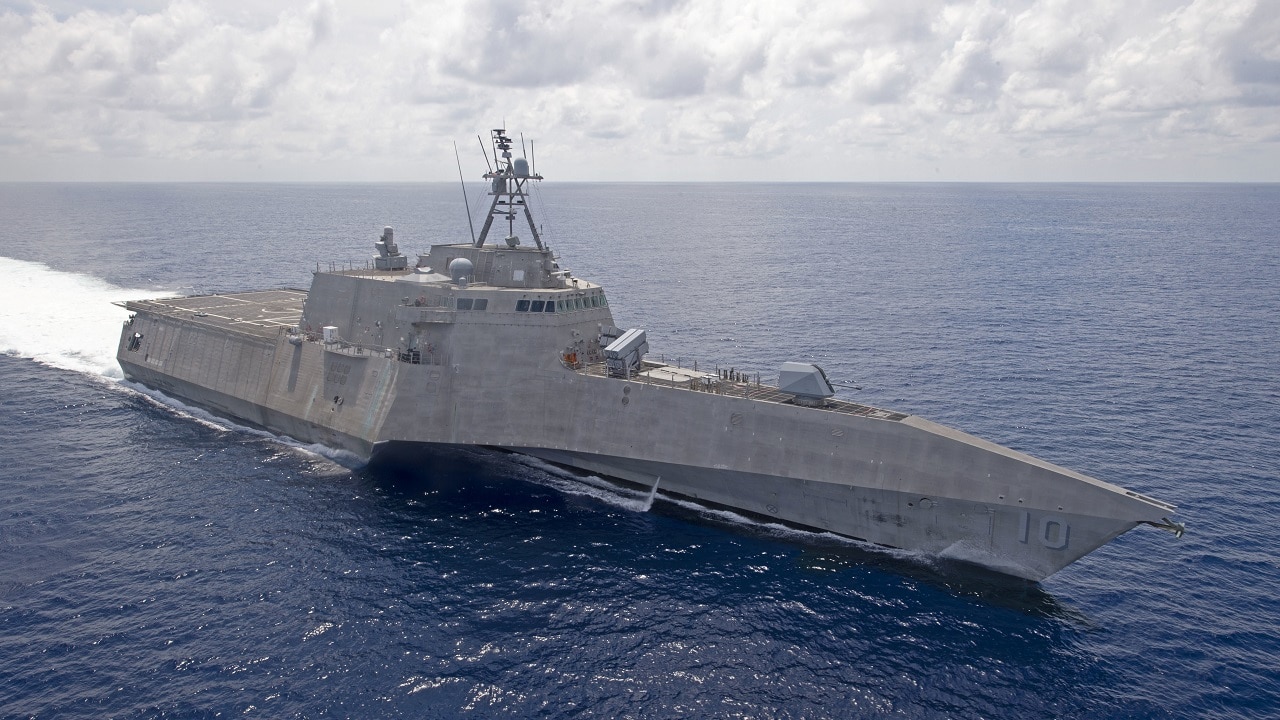For many US Navy sailors and pilots, port calls are the highlight of their deployment. For two or three days, the Navy made good on its previous recruitment promise to “join the Navy and see the world.” Prior to their first port call, sailors receive lectures about how they are sailor-diplomats and their behavior can make or break relationships. For many, it goes in one ear and out the other like the venereal disease lectures to which the Navy subjected sailors during World War II. Shore patrols keep order as sailors, depending on their ranks, roles, and disciplinary status go out in town on organized trips, community service projects, or just in pairs to enjoy the bars, beaches, and bed-and-breakfasts.
For host countries, a port call is a major boon. Aircraft carriers can house up to 5,000 men and women, and even smaller ships can mean full hotels, restaurants, and bars for several days. For too long, however, Department of Navy officials and ships’ commanders have viewed port calls primarily through the lens of recreation. Years ago, when I would teach on deployed ships, I heard of one example when a ship turned down a potential port call in Cambodia for neighboring Thailand because Phuket had better tourist infrastructure than Sihanoukville. To show the flag in Cambodia, however, would have been tremendously important as the Cambodian government sat on the fence between the United States and China. Alas, today, it may be too late as China consolidates its influence over the country.
Turkey [Türkiye] was once a frequent host for deployed US Navy ships. It is a NATO member and has an extensive tourist infrastructure. Historically, it was also tolerant. In the lore of “port incidents,” tales of the misadventures of drunk or naïve sailors, one of the most bizarre is about the sailor who decided to paraglide naked over Antalya, not comprehending just how many people would witness his indiscretion.
Under President Recep Tayyip Erdogan, however, port calls in Turkey have become dangerous. In October 2011, a group of Turks attacked an American sailor from the USS Ramage in the Turkish Aegean resort town of Bodrum, allegedly to avenge an incident almost a decade earlier in Iraqi Kurdistan when American forces intercepted and detained a Turkish assassination squad. The month after the USS Ramage visit, Egemen Bagis, an Erdogan advisor who now serves as Turkey’s ambassador to the Czech Republic, threatened to use the Turkish Navy against anyone engaged in gas exploration off the Cypriot coast and yet, US Naval vessels continued to dock in Turkey.
In July 2012, seven Turkish men jumped American sailors in Antalya where the USS Abraham Lincoln had just docked. A Turkish investigation reported the attack was in response to the Syrian Air Force’s downing of a Turkish reconnaissance plane the previous month, never mind that Turkey and the United States, in theory, backed the same side in the Syrian civil war.
History repeated in November 2014 when Turkish protestors attacked sailors from the USS Ross in Antalya. The American sailors did everything right: They dressed in civilian clothes and repeatedly sought to de-escalate rather than fight back. The state-controlled Turkish media, however, whips up nationalist fury and incites anti-Americanism. Turkey is now among the world’s most anti-American countries.
US ships participate in naval diplomacy in other ways. Often, when within range of a port, the Navy flies dignitaries onboard aircraft carriers to watch flight operations and learn about the vessel. This was the case earlier this month when the USS Gerald R. Ford approached Turkey, where it made a port call in Antalya. Among those who visited the ship was Erdogan son-in-law Selcuk Bayraktar whose company manufactures Turkey’s drones. Put aside the use of these drones against civilians in Iraqi and Syrian Kurdistan, Nagorno-Karabakh, and Ethiopia’s Tigray region, or that Canada has sanctioned the company. Just weeks after photographing himself around the Ford, Bayraktar was at the forefront of pro-Hamas, anti-US and Israel protests. After deriving the economic benefits of the Ford’s visit, Erdogan himself turned around and declared the ship was there to support an American and Israeli massacre of Palestinians.
By continuing to send ships into Turkish ports, the Pentagon not only convinces an increasingly erratic dictator that he faces no consequences for his actions, but also endangers American personnel. There should be no illusion: Erdogan will use the presence of the US Navy as a backdrop for cheap theatrics and anti-American incitement. With Turkey openly supporting Hamas and other terror groups, American sailors will face more than the indignity of a sack thrown over their heads.
While the White House is reticent to sanction Turkey given its role in NATO and its potential to disrupt, withholding the economic boon of a port call is not a sanction; it is simply a judgment call that Turkey merits no reward. Turkish authorities will notice as they struggle to fill hotel rooms by tourists spooked by regional developments. In recent years, Turkey has even delayed the start of the school year to encourage domestic tourism.
At the same time, Greece and Cyprus are now open for business, unabashedly pro-American in foreign policy, cooperative militarily, and far more deserving of the Navy’s economic largesse. It is time to replace Antalya with Athens or Bodrum with Larnaca. It is time the Big Navy sees the big picture.
Now a 19FortyFive Contributing Editor, Dr. Michael Rubin is a Senior Fellow at the American Enterprise Institute (AEI). Dr. Rubin is the author, coauthor, and coeditor of several books exploring diplomacy, Iranian history, Arab culture, Kurdish studies, and Shi’ite politics, including “Seven Pillars: What Really Causes Instability in the Middle East?” (AEI Press, 2019); “Kurdistan Rising” (AEI Press, 2016); “Dancing with the Devil: The Perils of Engaging Rogue Regimes” (Encounter Books, 2014); and “Eternal Iran: Continuity and Chaos” (Palgrave, 2005).

